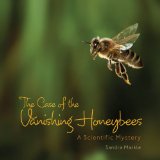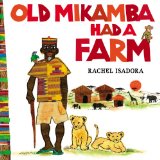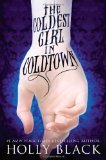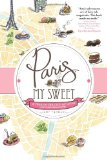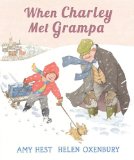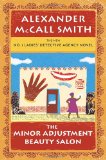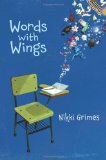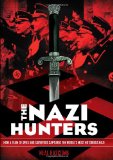My Pascal’s Triangle Shawl
I finished my Pascal’s Triangle Shawl!
I’m very happy with how it turned out!
In fact, I was disappointed by how the top edge curled — until I wore it, and it forms into a sort of collar! Perfect!
I already explained the math behind the shawl in great detail.
So now I’ll just say that this is a color-coded representation of Pascal’s Triangle, with a color for each prime factor, and each number represented in a diamond with its prime factorization shown.
In Pascal’s Triangle (at least when it’s shown with the point down, as above), each number is the sum of the two numbers beneath it, with 1 on all the ends. So 1 is white in my shawl.
The color scheme I used for the rest was:
2 is turquoise.
3 is yellow.
5 is red.
7 is purple.
11 is pink.
13 is light blue.
I took it up to the 15th row. After that, entries had more than 6 factors, so it wouldn’t be as easy to get them all in.
Take a moment to enjoy the flow. 🙂 Each time we get to a prime, every number in that row has that prime as a factor.
And the next row has that prime factor in all but the ends, and so it continues, forming an inverse triangle of that color. (This is because of the distributive law, as I explained in my earlier post.)
Looking at this shawl simply makes me happy. And I’m tremendously proud of it. I think it’s safe to say that this is the first Pascal’s Triangle Shawl ever knitted. 🙂
But it won’t be the last! As I began the shawl, I wasn’t sure it wasn’t a bit too garish with all the bright colors right next to each other. At least in the prime factorization blanket, I had rows of white in between the numbers. Though now that it’s finished, I completely love it.
Anyway, I decided to make a second one — this time using shades of pink and purple, with only subtle differences, going from light to dark. The first one will be easier to use for explaining the math, but I think the second one may be prettier.
And last night, I got another idea about how to make the second one different. Instead of having blocks of color for each factor, I’m planning to alternate rows. I think that will blend the colors as you look at the shawl — and I think it will be very beautiful! Stay tuned!
My posts on Mathematical Knitting and related topics are now gathered at Sonderknitting.

